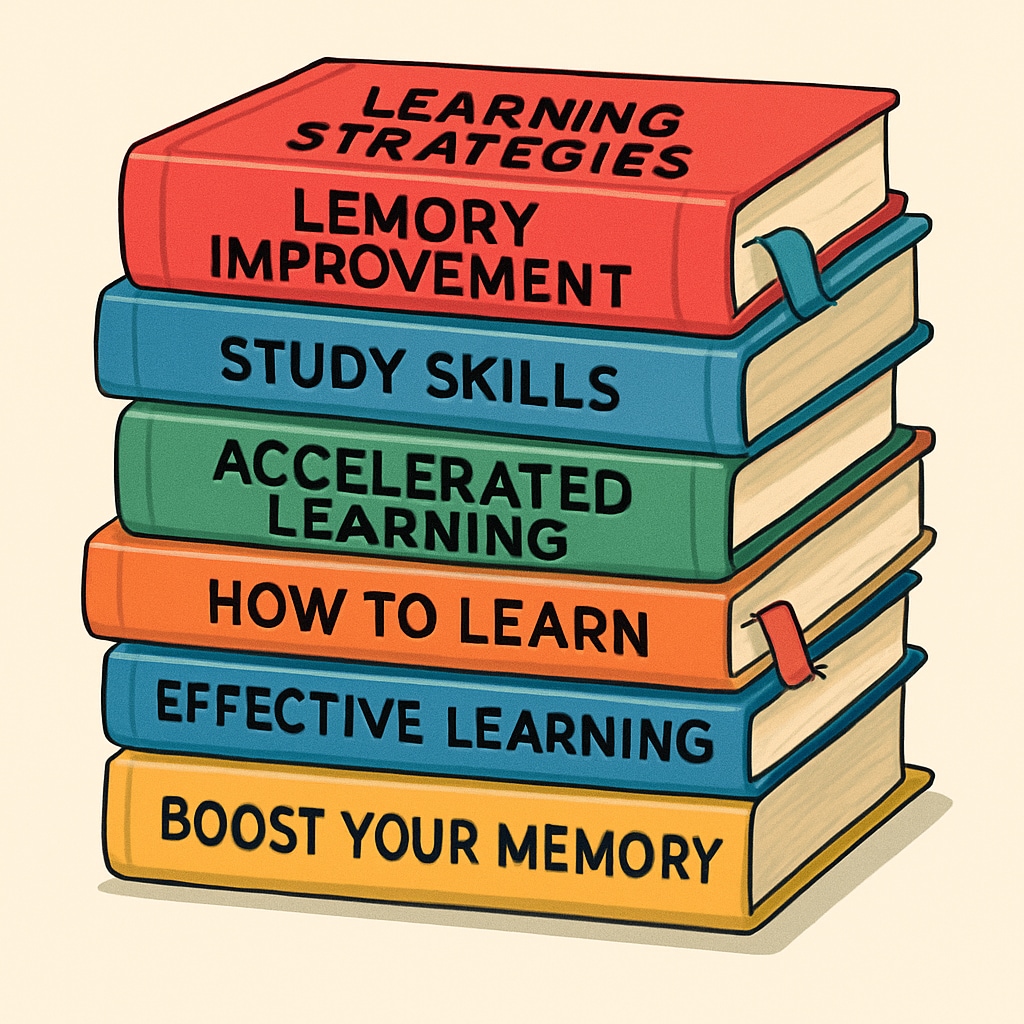In today’s fast-paced world, effective learning methods and memory techniques are more valuable than ever for students. This carefully curated list of seven transformative books provides K12 learners with research-backed strategies to optimize their study time and achieve better results. Unlike traditional approaches that emphasize hours of passive studying, these resources teach how to learn smarter, not harder.
Foundational Books for Building Learning Skills
The following three books offer essential frameworks for understanding how we learn and remember information. They combine neuroscience with practical applications, making them invaluable for students who want to develop lifelong learning skills.
- “Make It Stick: The Science of Successful Learning” by Peter C. Brown – Explores counterintuitive techniques like spaced repetition and retrieval practice that dramatically improve retention. Based on cognitive psychology research, it debunks common study myths.
- “A Mind for Numbers” by Barbara Oakley – While focusing on math and science, its principles apply to all subjects. Introduces concepts like focused vs. diffuse thinking modes and the importance of deliberate practice.
- “Learning How to Learn” by Terrence Sejnowski – A youth-friendly adaptation of powerful learning strategies, perfect for middle and high school students.

Advanced Techniques for Memory and Retention
For students ready to take their memory skills to the next level, these books offer specialized methods used by memory champions and successful learners worldwide.
- “Moonwalking with Einstein” by Joshua Foer – Documents the author’s journey to becoming a memory champion while teaching ancient mnemonic techniques adapted for modern use.
- “Unlimited Memory” by Kevin Horsley – Provides practical memory systems like the method of loci and visualization techniques that can help students memorize complex information efficiently.
Developing Productive Study Habits
Beyond memory techniques, effective learning requires proper habit formation and time management. These final recommendations address the behavioral aspects of successful studying.
- “The 7 Habits of Highly Effective Teens” by Sean Covey – Adapts the famous productivity principles for adolescent learners, teaching prioritization and proactive learning approaches.
- “Deep Work” by Cal Newport – While not specifically for students, its concepts about focused, distraction-free work sessions are revolutionary for today’s digital-native learners.

By implementing strategies from these books on learning methods and memory techniques, students can transform their study sessions from stressful chores into efficient, rewarding experiences. The key lies in understanding how the brain naturally learns best, then structuring study time accordingly.


